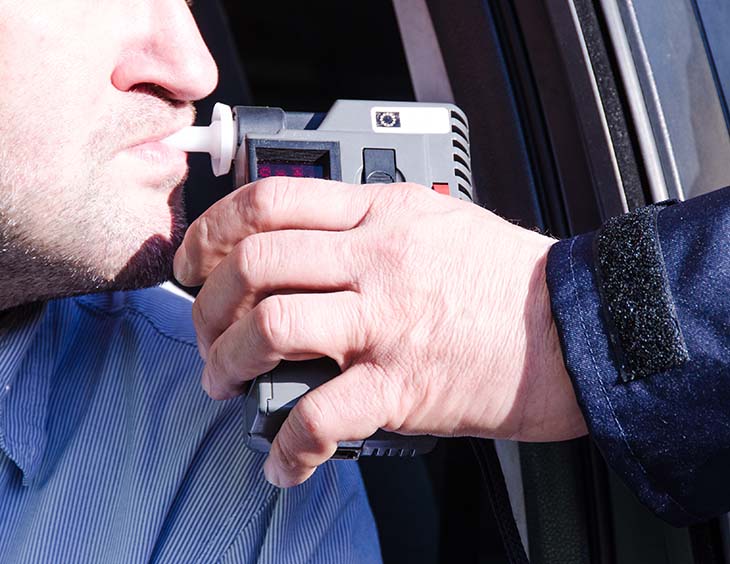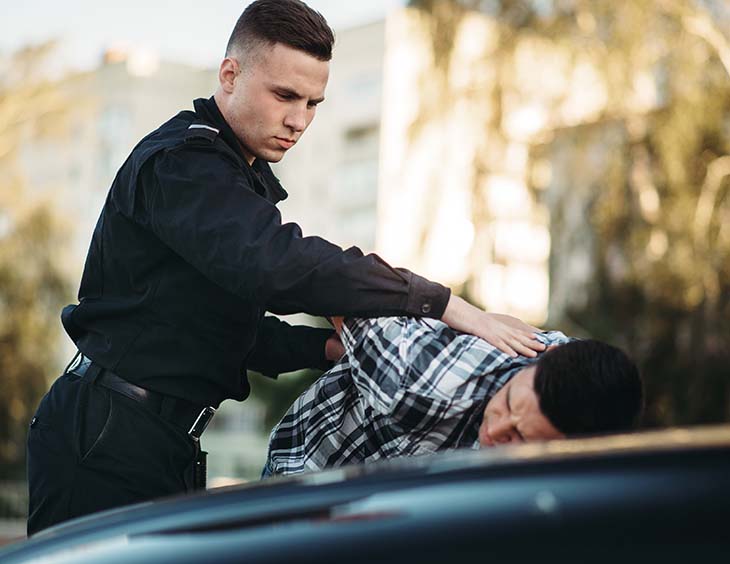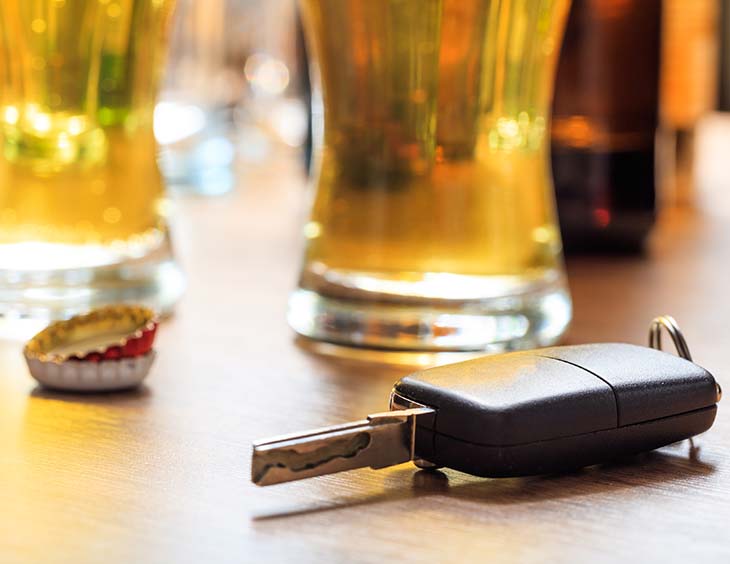Tis the season for many things. Chestnuts roasting on the open fire. Families gathering together to exchange gifts and eat far too much food.
Frantic Christmas shopping and panic at the checkouts. But sadly, it’s also the season of drink driving.
Christmas is a cause for celebration. But it’s no secret that, in the UK, celebrating is almost always accompanied by alcohol
Maybe it’s because there are so many drinks offers at the supermarket. Or because of all the work Christmas parties that encourages people to push their limits more than normal.
We all think we know our own limits. And, even if we’ve had two or more drinks, we still might think we’re okay to drive. But the consequences, and penalties can be severe.
Not just the points on your licence. But the potential damage, injury and death that your actions can have.
How alcohol affects your driving
One of the reasons we drink alcohol is because it acts as a depressant. By that we don’t mean it makes you sad, although it can have that effect.
It slows down your nervous system. This can help remove inhibitions, make you feel more relaxed, and generally less caring about the world around you.
When it comes to driving, these affects can be deadly. Having a more relaxed nervous system increases your reaction time.
So where you would normally be able to spot a hazard and react with plenty of time, the numbing effect of alcohol increases that reaction speed quite considerably.
Alcohol also blurs your vision. You’ve probably heard of beer goggles. But while it may make whoever you’re taking home with you look a bit nicer, in reality what it does is just loosens the focus, meaning you can’t quite see the whole picture.
It also affects your spatial awareness. So you won’t be as able to drive comfortably down the middle of the road as you might be sober.
Hand eye coordination also takes a hit, which means it’s more difficult to coordinate your gearstick and your clutch pedal.

What is the limit?
There are two limits depending on where you are in the UK. If you are in England, Wales or Northern Ireland, the limit is 80 milligrams of alcohol per 100 millilitres of blood.
This translates to 35 micrograms per 100 millilitres of breath. If you are in Scotland, the limit is lower, with 50 milligrams of alcohol per 100 millilitres of blood, roughly 22 micrograms of alcohol per 100 millilitres of breath.
When you take into account that each unit of alcohol is 10ml/8g of pure alcohol, then it becomes easy to see how quickly you can go over the legal limit. The UK has one of the lightest restrictions in Europe, even so, it doesn’t take much to end up breaking the law.
There are other factors that can affect how much you can drink before you drive. Your size, age and weight can all have an effect on the concentration of alcohol levels in your blood.
So too can your stress levels, and the food you’ve eaten that day. It’s also affected by the type of alcohol you consume.
It can be the case that the bigger you are, the more it takes to dilute the blood. But the fine lines are just that – fine.
You should not leave it down to your own judgement. You should be trying to avoid drink driving entirely.

What are the penalties?
If you get stopped by the police and fail their sobriety test, you are likely to face a range of charges. The police do not look too kindly on drunk drivers, even at this busy time of year.
Being caught in a car while drunk can lead to 3 months in prison and a fine of up to £2,500. You can also end up getting banned from driving.
You don’t even need to be driving. Just being sat behind the wheel of a car while drunk can have these charges.
If you are caught driving, then you can get 6 months in prison. The amount you can be fined has no limit and can often be set based on your income or economic status.
You can also get a year’s driving ban, which goes up to 3 years if you have a previous conviction. You may think you’re being clever by refusing to give a breath test, urine sample or blood specimen.
But, again, this can result in a 6-month prison sentence, unlimited fine, or a single year’s driving ban.
If the very worst happens and your drunk driving results in a person dying, then this is what’s called ‘death by careless driving’.
The offence is one of the most serious, and can lead to 14 years in prison, an unlimited fine, a driving ban of at least 2 years, and you may need to take a specialist extended driving test to ensure you are aware of the consequences of your actions.
How to avoid drink driving
The easiest way to avoid drink driving is to leave your car at home.
If you know you are going to be going somewhere where the alcohol flows freely, and other people will want you to join in and be a part of the ‘spirit’ of the event, then you should consider taking a bus, train or taxi to the event.
You might think a taxi is expensive, but it sure beats an unlimited fine. If you do have your car, make sure its parked somewhere safe where you can leave it overnight.
That way you can come back the next day and pick it up, after you’ve sobered up. You can also work with other people to sort out a designated driver.
There are a growing number of people who don’t drink, so you can ask them to be driver in exchange for petrol money or some other reward.
If you are driving with your partner, consider taking it in turns. And if you have children old enough to drive, consider getting a short-term insurance package that allows them to be your driver for the night.
Looking for a new car?
If now is the time to upgrade your vehicle, why not have Creditplus Find, Fund and Deliver your car - at no extra cost? With a wide range of finance options to suit all budgets, you could drive your dream car at an affordable monthly rate.
Apply Online to discuss your finance options with a car finance and leasing specialist today.





 Facebook
Facebook Twitter
Twitter Instagram
Instagram LinkedIn
LinkedIn Youtube
Youtube